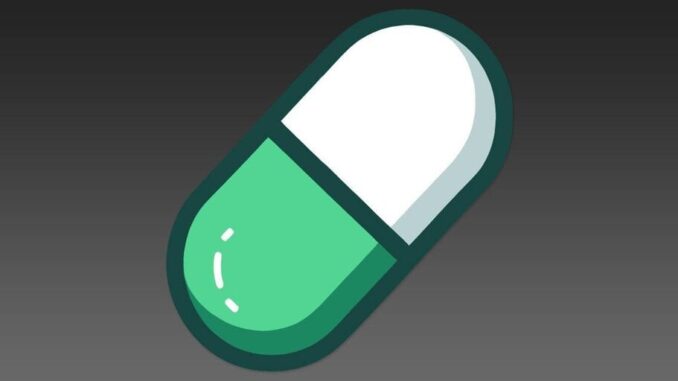
Content warning: This article discusses topics of self-harm and suicide. If you or someone you know is struggling, please contact the 988 Suicide & Crisis Lifeline.
Decentralized token creation platform Pump.fun has come under scrutiny after a report emerged late Sunday concerning a user who threatened self-harm during a livestream if their token failed to reach certain price targets.
According to an initial disclosure posted by Beau, safety product manager at Pudgy Penguins, a Pump.fun user threatened to “hang themselves” if the coin doesn’t reach a set market cap.
Hey @pumpdotfun there is currently someone using your livestreams to threaten to hang themselves if the coin does not reach a set marketcap.
Absolutely heinous and It needs to come down + see if you can get them help.
Shut down the livestream feature. This is out of control.
— Beau (@beausecurity) November 25, 2024
Beau later said that the user’s Twitter account sent them a screen recording of the livestream in which the person appeared to be going through with hanging themselves.
“I hope it’s a troll, but regardless of if it is fake or real it has the potential to inspire people to commit more self-harm or harm towards others. The real danger is that it could spiral further,” Beau told Decrypt.
Another Twitter user, replying to Beau’s thread, pointed out a separate incident where a Pump.fun token creator threatened to shoot their pet dog if the meme coin doesn’t reach $11 million in market cap.
Beau’s initial post has gotten more than 500,000 views at the time of writing.
Reports of other forms of self-harm on Pump.fun have also surfaced in a tweet responding to a question from Jordan Fish (better known as Cobie), the creator of echo.xyz.
Decrypt has been made aware of the user’s coin address and identity on Twitter, but has redacted any personal details to protect the user.
Upon investigation, Decrypt found that terms of service for Pump.fun do not exist on its website. Pump.fun did not immediately return Decrypt’s request for comment.
In a November 22 tweet, Pump.fun founder Alon said that “we actively moderate illicit content” on the site, while conceding that “our moderation isn’t perfect.”
In October, Alon told Decrypt that, “We have built systems and have a team that handles the moderation of coins and messages in the coins’ comment sections,” after Pump.fun took action to remove child sexual abuse material that had been uploaded to the site’s video feature.
What is Pump.fun?
Launched earlier in January by its pseudonymous creator Alon, Pump.fun gained traction as a decentralized launchpad for meme coins on the Solana blockchain. It allows users to create tokens with “fair launch” mechanics and without team allocations.
The platform requires coins to reach a $100,000 market cap before depositing $17,000 in liquidity to Raydium. But critics have highlighted that it lacks comprehensive safety protocols for its streaming features, with some developers performing dangerous stunts in order to boost the price of their tokens.
Concerns regarding the issue of self-harm were brought to Decrypt’s attention through a post by Candice Teo, a core contributor to the Crypto Communications Collective, on the public Telegram channel for the Association of Cryptocurrency Journalists and Researchers (ACJR).
“Projects like Pump.fun embody the “own” part of Web3 for everyone and it is tempting to put the blame on crypto when such issues arise,” Teo told Decrypt.
The concerns are centered on the possible psychological impact of volatile crypto markets, particularly around meme coins and tokens that experience extreme price volatility. In August, Decrypt reported on similar instances of outrageous behavior on the Pump.fun platform, including one where a coin creator faked their death on a livestream.
Mental health concerns among crypto traders
Mental health experts have previously warned about addictive trading behaviors and emotional distress linked to cryptocurrency market participation.
A study published September in the Journal of Mental Health Policy and Economics found that trading crypto resulted in lower quality of life, worse sleep, and higher stress levels compared to not engaging in any trading. Notably, the study limited its demographic only to academics, and was conducted at a state university in Turkey.
“Cryptocurrency trading is a significant public health problem,” the researchers concluded, calling for increased social awareness on the negative impact of irresponsible trading activities. They also advocated for the development of specific mental health policies for crypto traders.
Daily Debrief Newsletter
Start every day with the top news stories right now, plus original features, a podcast, videos and more.





